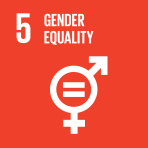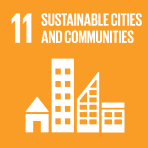Diversity and sociodemographic inequality of indigenous peoples: Reflections for the formulation of policies within the framework of individual and collective rights

- Author: United Nations
- Main Title: Social Panorama of Latin America 2006 , pp 210-216
- Publication Date: August 2007
- DOI: https://doi.org/10.18356/93dbd4c0-en
- Language: English
One of the most remarkable phenomena to have occurred in the region in the last two decades of the twentieth century and one which is likely to have long–term effects on Latin American democracies was the establishment of movements of indigenous peoples as national and transnational political stakeholders. Accordingly, a first generation of legal modifications, mainly consisting of recognition measures, was introduced. Concomitantly with these transformations, minimum standards relating to the rights of indigenous peoples were adopted in international human rights law, which is binding on States. Indigenous peoples’ status as subjects of law calls for a change of approach to ensure that their individual human rights are guaranteed and respected at the same time as their right to form different collectivities. In addition, a fresh reading of existing inequities is needed insofar as these reflect gaps in the observance of such rights. Hence, it is necessary to formulate and implement policies and programmes aimed at eliminating those inequities.
-
From This Site
/content/books/9789211560374s009-c011dcterms_title,dcterms_subject,pub_keyword-contentType:Journal -contentType:Contributor -contentType:Concept -contentType:Institution105



